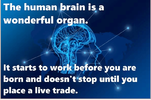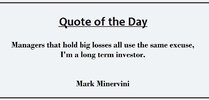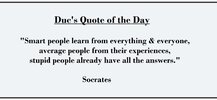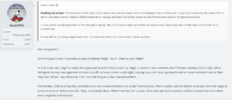- Joined
- 28 December 2013
- Posts
- 6,392
- Reactions
- 24,319
Muddling words
I've posted about muddling words before & how they can totally change the meaning/message of what was originally intended.
Lifted from the Chartist Twitter feed (9:11 PM · Oct 9, 2022)
Negative lead from the US into the new weak.
Reminds me of this play on words
Seven days without Jesus makes one "weak".
There are so many similarities between religion & trading
In my case "I tend to pray a lot"
Skate.








